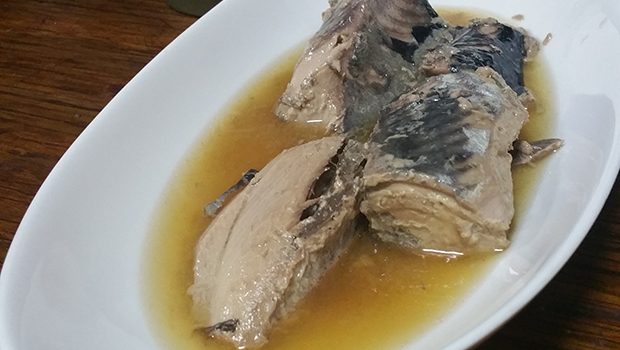
With a push to improve Pacific island food security at the project’s core, entrepreneurs in the PNA are being trained on creating micro canneries, which will process the substantial volumes of bycatch fish landed by tuna purse seiners in the region every year.
Training is taking place this week in Majuro, the Marshall Islands, which is home to the largest tuna transshipment port of the entire eight nation PNA region. The project aims to certify prospective canners so that commercial fish canning operations, as well as the canning of other products, like vegetables, can be launched successfully in several Pacific island nations.
Maurice Brownjohn, who is leading the project, and is the Commercial Manager of the PNA, told Atuna that the main focus of the micro canning is to increase food security in the region, and replace the need for imports in the domestic market.
He explained that the training turnout has been positive, with around 14 separate organizations taking part, representing four of the eight PNA nations; PNG, Kiribati, Marshall Islands and the Federated States of Micronesia. Some are government representatives, while others are from the private sector, who will receive the relevant training from Australia-based firm, Food Stream.
At least 10,000 tons of bycatch product is available from the hundreds of tuna seiners that transship in the PNA each year, according to Brownjohn, and so far micro canning has been focused on reject tunas (skipjack and yellowfin), rainbow runner and frigate mackerel. Byproducts from black and white tuna flakes from production plants can also be canned for local consumption.
Enthusiasm among some participants was described by Brownjohn as extreme, with entrepreneurs keen to complete the training and purchase machinery in order to start production as soon as possible.
Total investment for a small business to get its hands on machinery (high pressure cooker and electronic can sealer) and certification is no more than USD 2,000 according to reports, and Brownjohn believes that return on this investment can be made in the space of just weeks or months.
On canning, labelling and sales, any start-up businesses will likely work independently, however bulk ordering of cans can be arranged to reduce cost. Empty cans will most probably be purchased from the US. A standard 1lb (16oz/453g) Alaskan tapered salmon can is being used for the micro canning production currently, Brownjohn explains.
These are special cans and their size meets the requirements of the PNA domestic market, with the general consumer having a family to feed. Brownjohn noted that they can also nest inside each other like plastic cups, allowing for less freight volume, while they also have a thicker outer wall which reduces the risk of physical damage during shipment.
Despite them being a little more expensive than the average tuna can, the whole process will be significantly cheaper than importing finished canned fish or other canned products, says Brownjohn. He also stressed that high standards need to be followed by canners to ensure the safety of the products they produce, stating that training will be in line with Australian food processing standards.
There are still a few days of training left, and participants will then be ready to set up and start production as soon as machinery is ordered and delivered. Brownjohn adds that attendees have shown such high enthusiasm as they realize the opportunity there is to create a viable business, as well as to boost food security in their region.